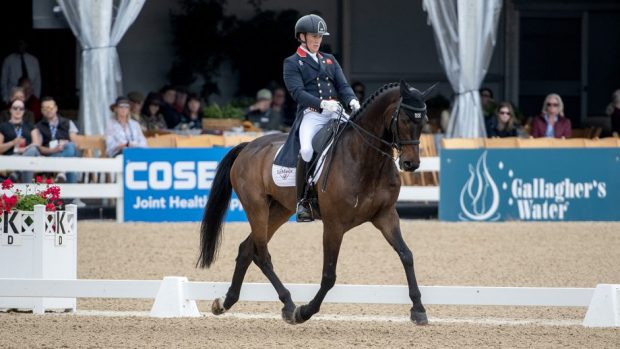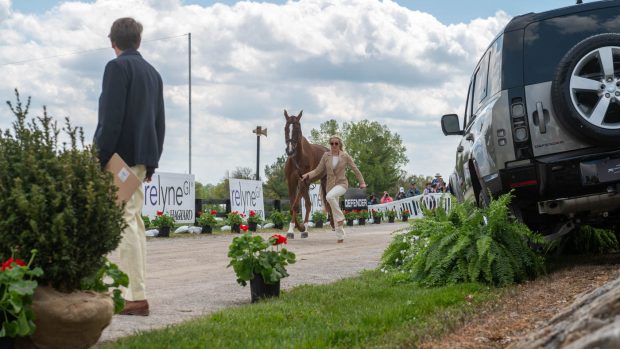Editor’s comment
When you consider the size of the industry that services the horse world and thatthe horse industry is the second biggest employer in the countryside after farming,it is quite staggering how the government can treat horses in such a cavalier way.
But then is it? The problem is that so few people in government, let alone the civil service, have any real knowledge of, or interest in, horses.
Trying to deal with the numerous government departments which deal with horses on a daily basis is a nightmare, but the government faces a similar problem in attemptingto deal with a fragmented and argumentative horse world, which lacks a clear leader.
We now have the British Horse Industries Confederation, chaired by Michael Clayton,which represents equestrianism and racing and bloodstock. A dialogue has beenentered into, but a Labour government at virtual war with the countryside does not want to be seen to be giving in to a horse lobby.
The problem seems to me to be one of the perception of the truth, from the government’s perspective, being a million miles away from what we all know to be reality.
The horse world is not the domain of the snobby elite, but involves a huge cross-section ofsociety, many of whom are Labour voters. The question is how do we get this across to the government and to the general public? How do we change the public’ s perception of horses and horsey people?
Until we achieve this, we are going to have difficulty winning concessions on off-road riding.
Cyclists and horses do not always work very well on the same tracks, but it is hard to get this across to non-horse riders. The police are now monitoring horse-relatedaccidents. Why? Is this going to lead to millions being pumped into bridleways or is it likely to lead to legislation to restrict using horses on the road? Personally, I fear the latter is more likely.
Last year, thanks to sponsorship by Jeep, a mechanical horse was taken into 60 suburban and city schools, together with an equestrian educational programme. A local riding school also attended to follow up with advice on how children could go and ridefor real. Thousands of kids went away from these sessions bursting with enthusiasmand telling their parents all about it.
Imagine what could be achieved if mechanical horses could be taken into 6,000 schoolsevery year for the next 10 years.
Would this make a difference? What do you think? Email me at arnold_garvey@ipcmedia.com




